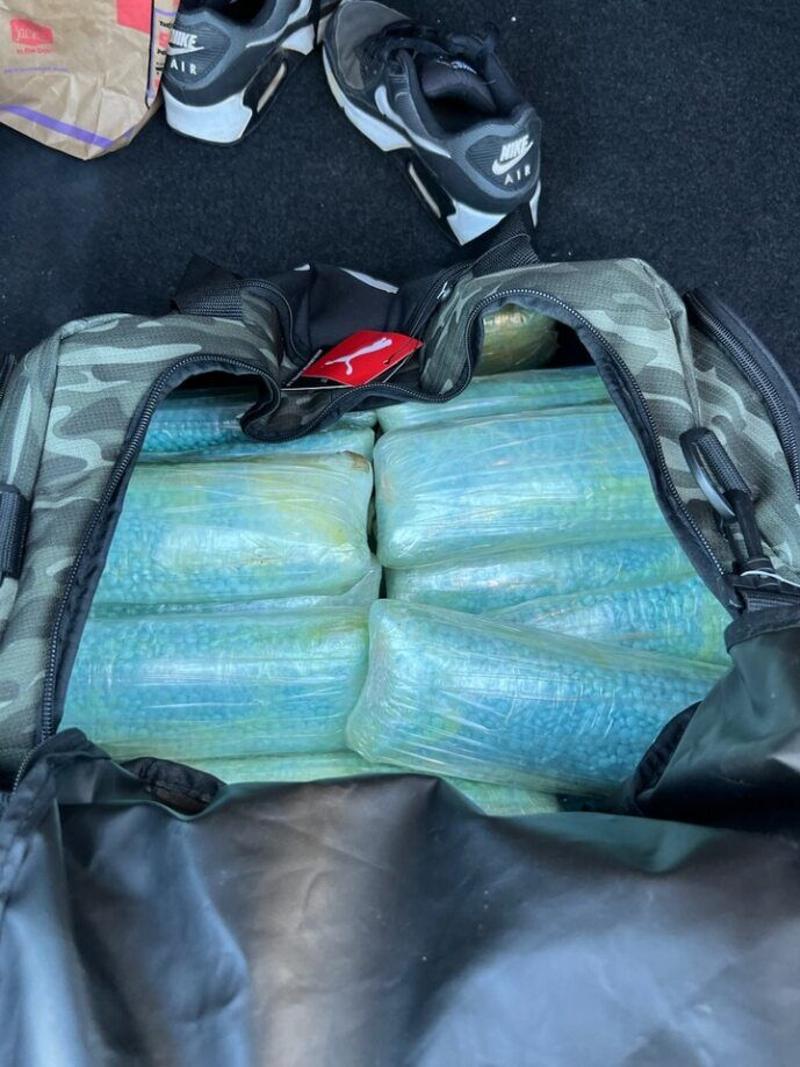A U.S. Senator filed a bill that would spring U.S. sanctions on foreign companies that make fentanyl precursors.
The measure would require the federal government to provide a list of named Chinese entities and officials involved in fentanyl precursor production. It would further require the government, within 60 days, to either impose sanctions or explain why sanctions should not be imposed.
“Ensuring an end to the production of fentanyl is crucial to protecting Americans and our interests,” U.S. Sen. Marco Rubio, R-Fla., said. “We must start by addressing the origins of this vicious supply chain.”
The Drug Enforcement Administration has blamed the nation’s growing illicit fentanyl problem on Mexican drug cartels making the powerful synthetic opioid with precursor chemicals from China.
The U.S. Treasury Department’s Office of Foreign Assets Control administers and enforces economic and trade sanctions. Over the past two years, Treasury sanctioned more than 350 targets for involvement in drug trafficking activities at all stages of the supply chain, from cartel leaders to secret labs, transportation networks and chemical suppliers, according to OFAC.
In May, a DEA study found the purity level of illicit fentanyl in the U.S. drug market has increased and the amount of fentanyl found in counterfeit prescription pills has increased, making the nation’s top drug threat even more dangerous.
A lethal dose of the potent opioid is about 2 milligrams, depending on the opioid tolerance of the user.
In 2022, the average fentanyl pill contained 2.4 milligrams of fentanyl, according to analysis by DEA forensic chemists who test random samples of the fentanyl seized in the U.S. Overall, the tested samples ranged from a low of .03 milligrams to a high of 9 milligrams.
“DEA forensic laboratory results documented that approximately 7 out of 10 fake pills contain a deadly dose of fentanyl,” according to the DEA report. That’s up from 4 in 10 pills in 2021.
Illicit fentanyl killed nearly 38,000 Americans in the first six months of 2023, according to the DEA report. Synthetic opioids were involved in 74,225 deaths in 2022 – 68% of the total 111,036 deaths that year, according to the Centers for Disease Control and Prevention.






